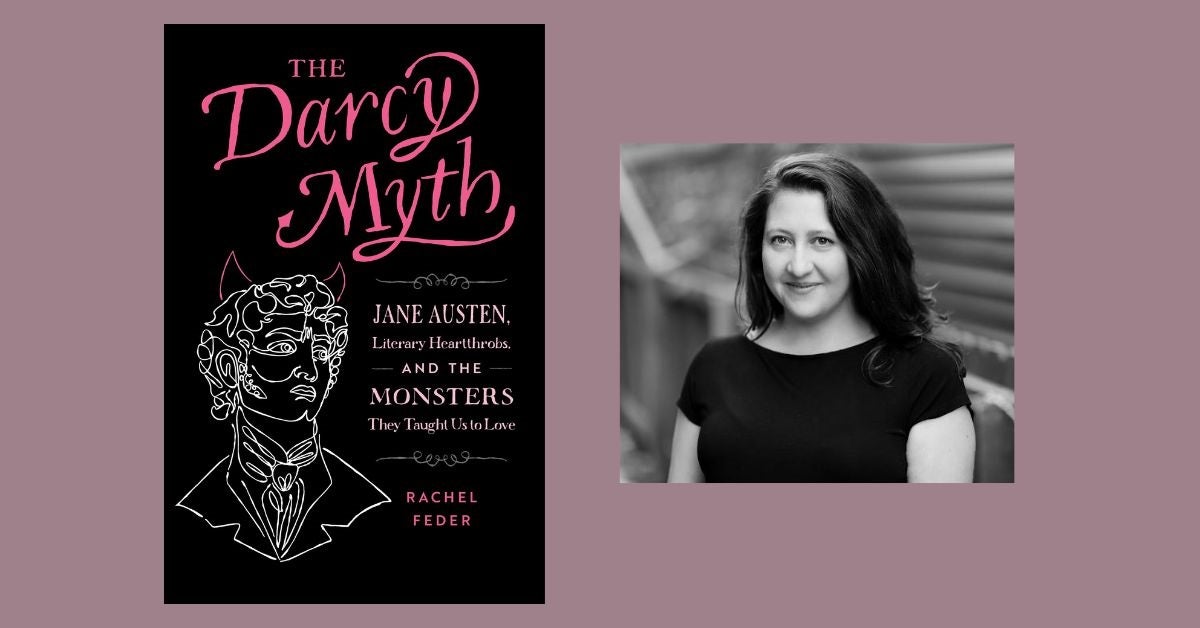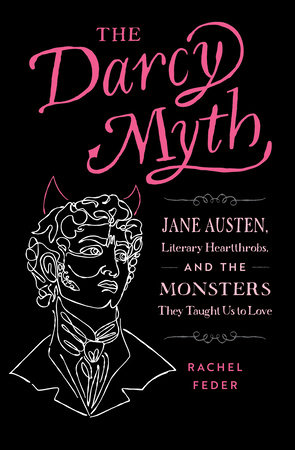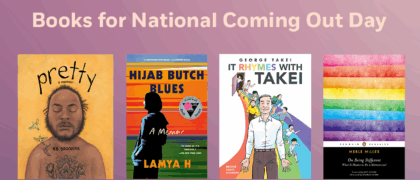By: Rachel Feder
When my new book, The Darcy Myth: Jane Austen, Literary Heartthrobs, and the Monsters They Taught Us to Love, came out this November, I was doing what I usually do in November: teaching a course on Jane Austen. This one was a senior seminar with a brilliant and hilarious group of students who really kept me on my toes. One of these wonderful students commented that they liked that the book is a feminist manifesto, and I felt so seen! Drawing, in part, on many conversations with many groups of marvelous students over the course of many years, The Darcy Myth situates Pride and Prejudice within the history of Gothic novels, fairy tales, and monster stories to argue that its central romance is way darker than we’ve been told, and to show how and why we’ve gotten horror mixed up with our romance for generations. But the point of this excurses is not necessarily to change the reader’s mind about Darcy—mine is only one way of understanding him, and he certainly has his appeal! Nor do I hope readers will stop inhaling Jane Austen’s novels or the many variations on the slow-burn, enemies-to-lovers plots they’ve inspired. Rather, the purpose of the book is to help us disentangle the media we consume from the stories we tell about our very real lives. I want to invite us to reexamine our mythologies—starting with our mythologies surrounding love and romance—so that we can recognize when literature is lying to us, or leading us to make false and sometimes harmful assumptions about our experiences. In other words, you can love Darcy without assuming someone who doesn’t treat you well is your Darcy.
And so, while The Darcy Myth is a lot of things—feminist literary criticism, for one; cultural criticism; a deep dive into my complicated feelings about The Bachelor; etc.—it is a feminist manifesto at its heart. And since I got to work with the incredible design team at Quirk, it is also a cozy, sleek, neon volume that you can slip in your pocket, or pocketbook, if you’d rather. Because, to paraphrase Jess from New Girl, where are you going to keep your feminist writings if not in your purse?
With this in mind, I thought I’d take this opportunity to recommend a few feminist manifestos—or, rather, books in different genres that might be considered secret manifestos—that you can fit in your purse (or pocket, or backpack) and read in a few days.
- The Wrongs of Woman, or Maria, by Mary Wollstonecraft (1798)
Vindication of the Rights of Woman author and feminist foremother Mary Wollstonecraft shares her most radical ideas about women’s life under patriarchy in this Gothic novel, which was left unfinished and published after her death. (Content warning: this book is very dark.)
- The Woman of Colour: A Tale, by Anonymous (1808)
When the marriage market goes disastrously wrong for a biracial heiress who has traveled to England from Jamaica, she must ask what it means to truly belong to oneself.
- R E D, by Chase Berggrun (2018)
I love assigning this poetry collection alongside Dracula! It’s a book-length erasure of Bram Stoker’s classic monster narrative that excavates its dynamics of gender, power, and violence.
- North Country: A Pedagogical Almanac, by Carolyn Dekker (2023)
This essay collection is a tender, lyrical meditation on the power of literature, teaching, community, and living nature’s seasons. At its core, North Country is a book about building a unique life reflecting one’s own personal values.
I hope one of these recommendations speaks to you, and thank you so much for checking out The Darcy Myth! Happy reading!

Rachel Feder is an associate professor of English and literary arts at the University of Denver, where she regularly ruins Pride and Prejudice for her students (but in a fun way!). Her work on the Gothic and nineteenth-century British literature includes the book Harvester of Hearts: Motherhood Under the Sign of Frankenstein and the Norton Library Edition of Dracula, which she edited. Her poetry and prose have appeared widely.






